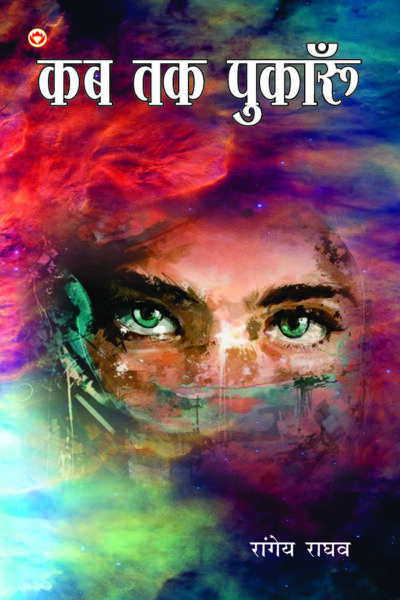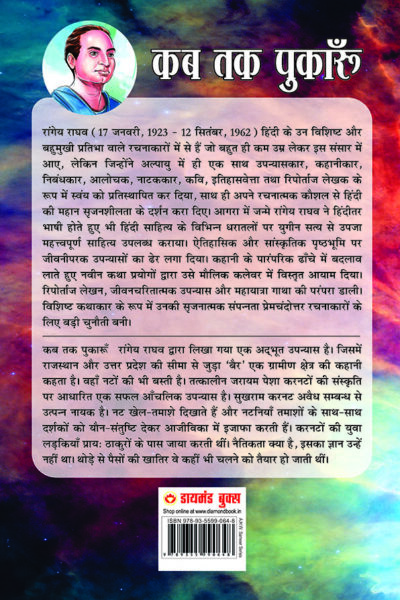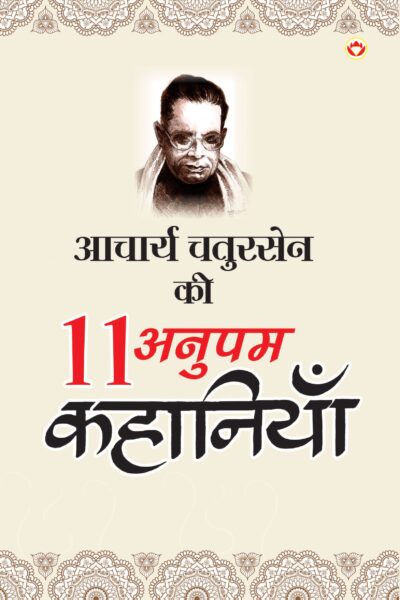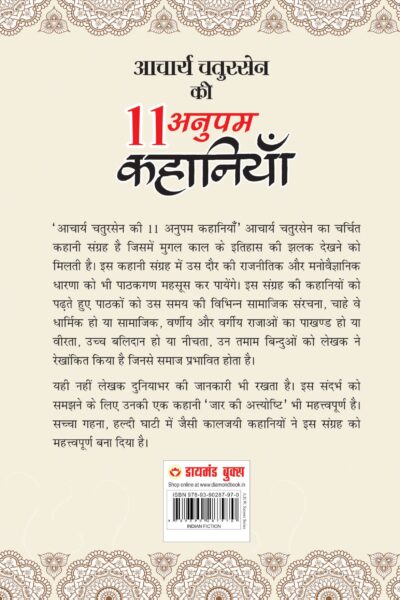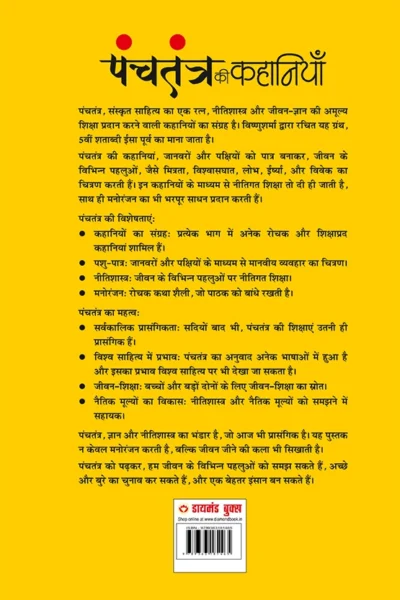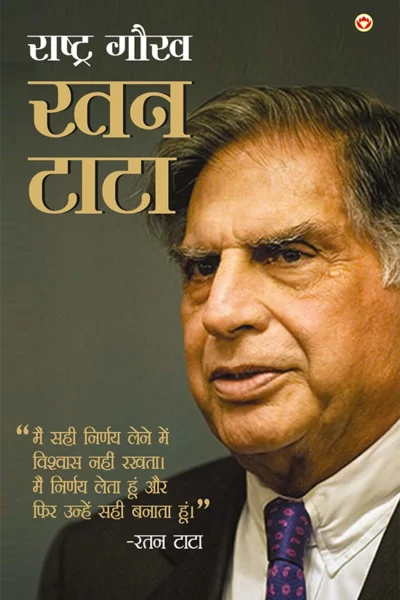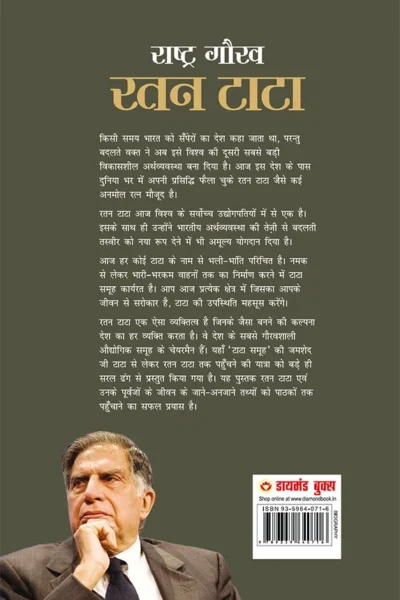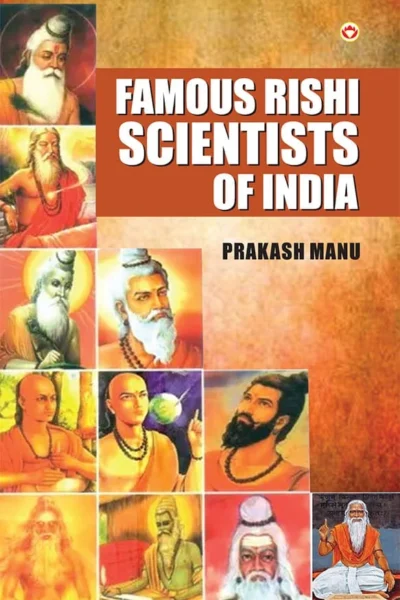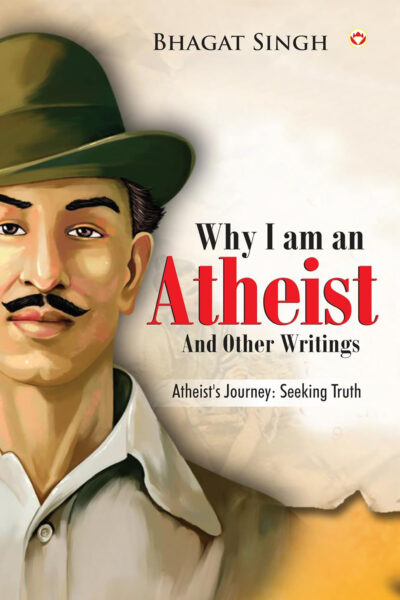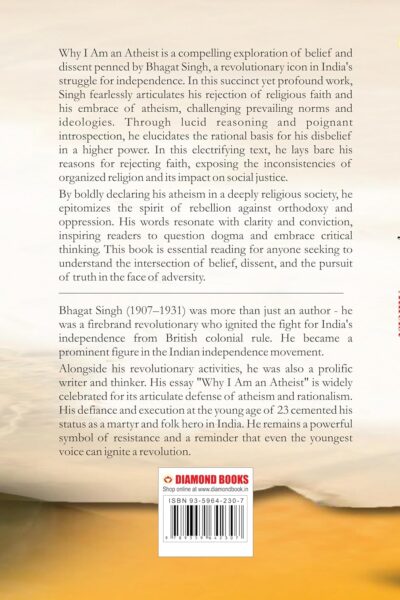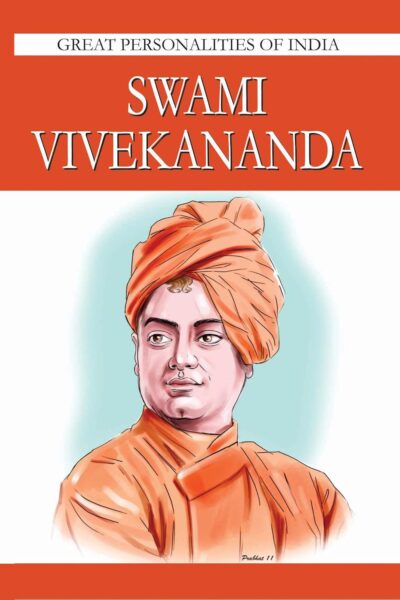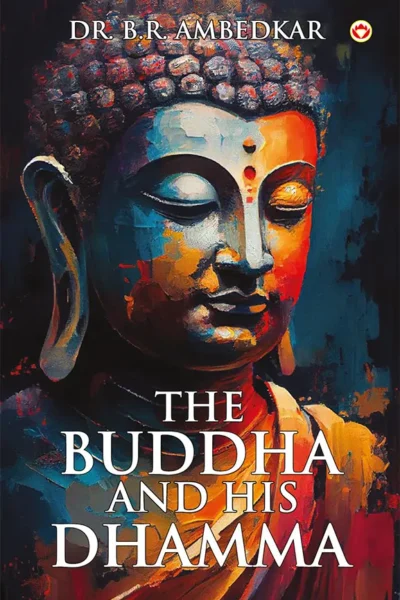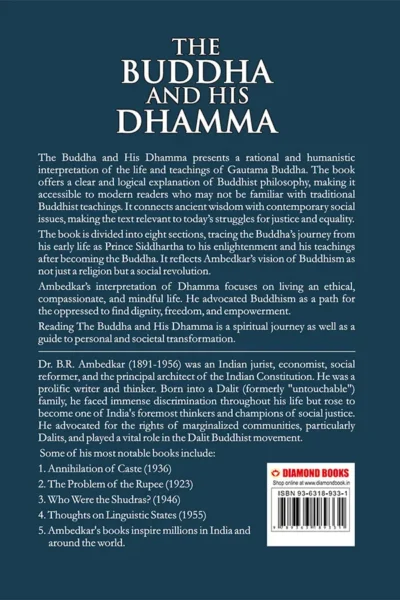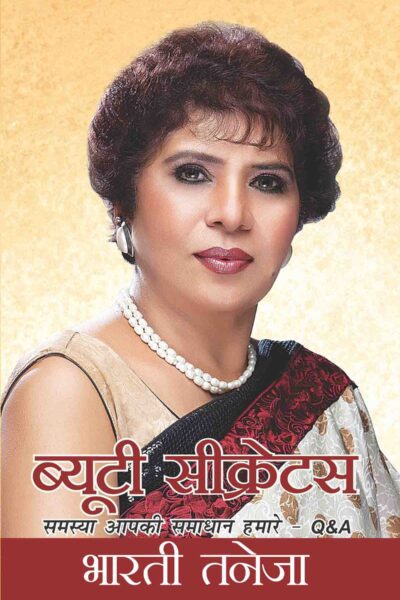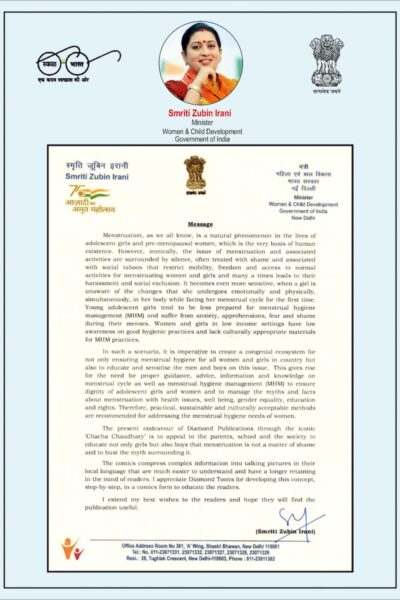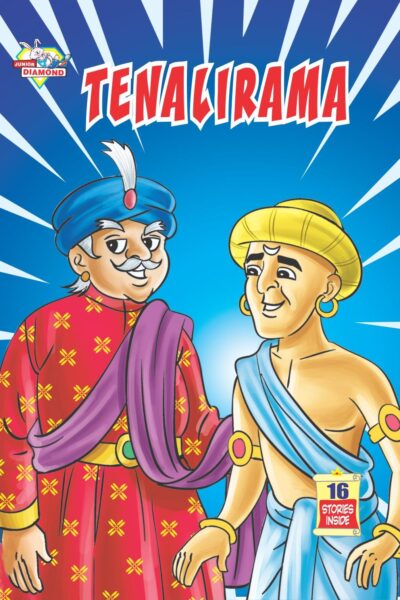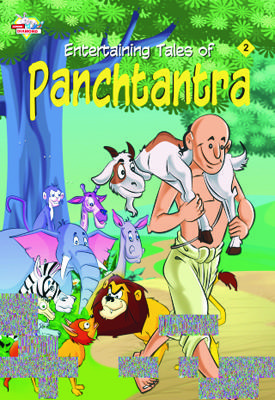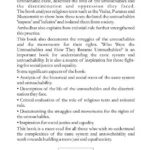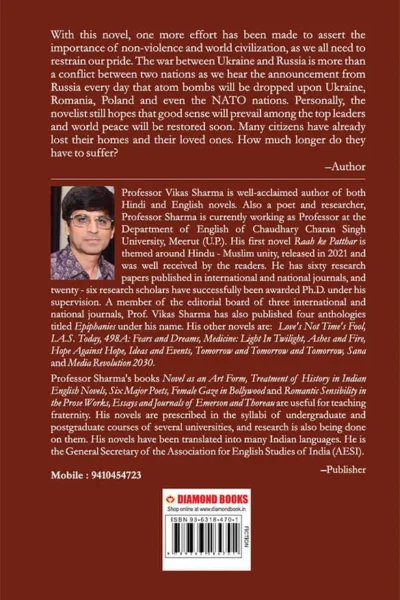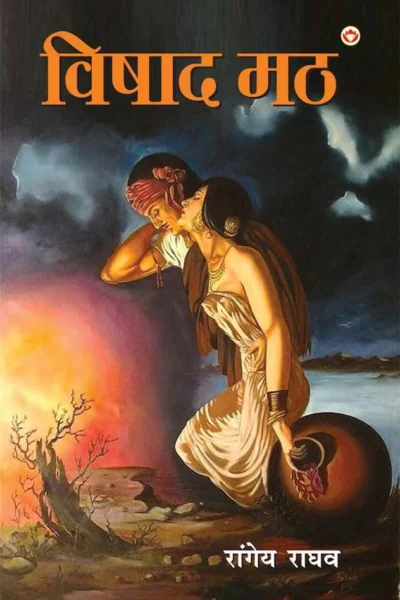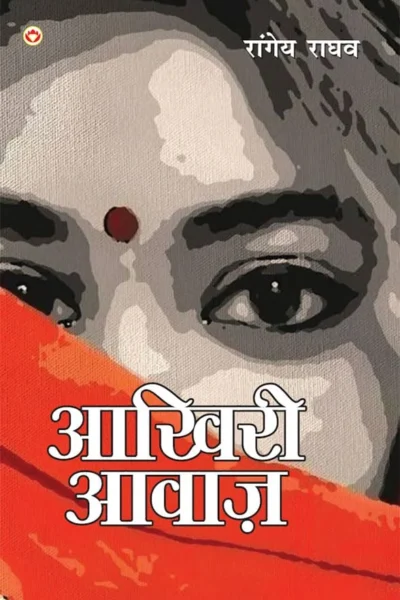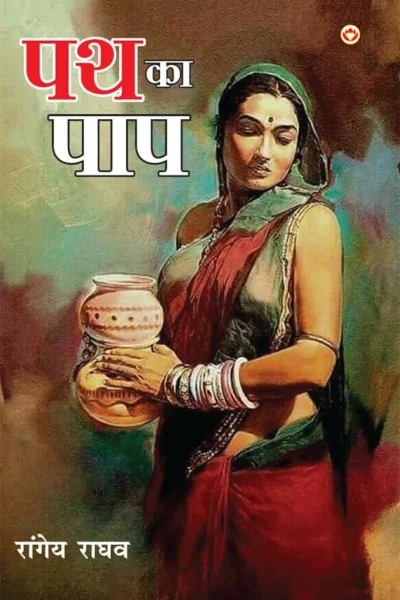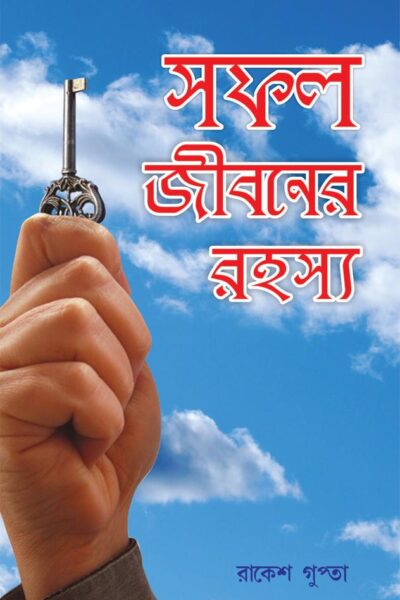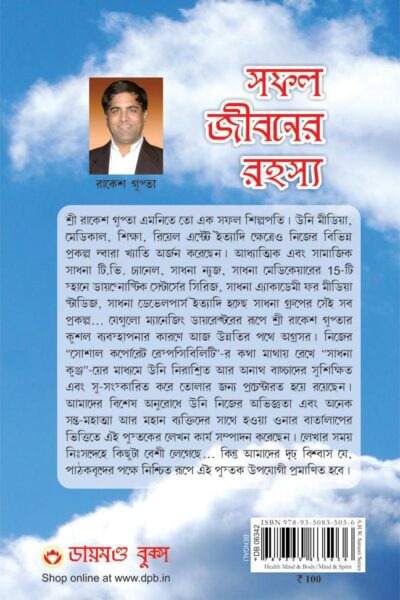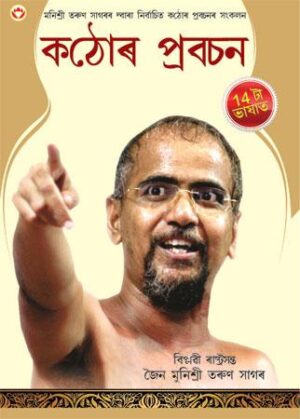- Home
-
-
- Short Stories
- Traveloc
- Novel
- Indian Classics
- Business Strategy
Shop Our top-rated business strategy books are designed for entrepreneurs and business leaders, offering proven strategies to elevate business success. Learn from industry experts and discover actionable insights to drive growth and profitability. Buy now and master the skills that set top businesses apart.
- Corporate History
Discover a comprehensive collection of corporate history books that detail the rise and success of major companies and their visionary leaders. Explore how these influential figures and their groundbreaking strategies have shaped industries and transformed the global business landscape.
- Economics
Discover the best economic and market books in India at Diamond Book Store. Our collection features essential reads on domestic and global market theories, offering in-depth analyses and key insights into economic trends. Enhance your understanding of financial markets, investment strategies, and economic principles with our expertly curated selection. Visit us to grow your knowledge and stay ahead in the world of finance.
- Romance / Fantasy
Discover captivating romance and fantasy books at Diamond Books. From enchanting love stories to magical adventures, these books offer readers a perfect blend of passion and imagination. Ideal for those who love romantic and fantastical narratives.
- Finance
Buy top finance and money management books at Diamond Book Store. Enhance your money-saving skills with expert strategies and key insights. Explore our curated selection to discover effective saving techniques and financial wisdom. Shop now to gain valuable knowledge, make informed decisions, and secure a prosperous financial future.
- Network Marketing
Network Marketing is a business model that leverages personal networks to promote products and services. It empowers individuals to build their own sales team, earning commissions not only from their own sales but also from the sales made by their team members. This model encourages entrepreneurship, collaboration, and exponential growth
- See More
- Short Stories
-
Books, Bookazine, Fiction, Magazines
₹30.00Original price was: ₹30.00.₹29.00Current price is: ₹29.00. Add to cart
-
-
Diamond Books, Books, Fiction, Indian Classics
₹450.00Original price was: ₹450.00.₹449.00Current price is: ₹449.00. Add to cart
-
-
Diamond Books, Fiction, Language & Literature, Short Stories
₹175.00Original price was: ₹175.00.₹174.00Current price is: ₹174.00. Add to cart
-
-
₹1,300.00 – ₹19,000.00Price range: ₹1,300.00 through ₹19,000.00 Select options This product has multiple variants. The options may be chosen on the product page
-
-
-
-
- Autobiography
Explore our extensive collection of autobiographies and Memories, showcasing the personal stories, challenges, and triumphs of influential figures from all walks of life. These powerful narratives provide an intimate glimpse into the lives and legacies of remarkable individuals. Discover their inspiring journeys and find your next great read—visit us now!
- Religious
Our collection of religious books is designed to deepen faith, enhance wisdom, and elevate spirituality. It includes timeless classics and contemporary works, offering insightful guidance and teachings to develop a closer relationship with God and understanding of spiritual journey. Shop now for transformative faith and knowledge.
- Internet
Computing and the internet are rapidly evolving fields that shape our daily lives and future innovations. This guide offers a comprehensive look at the latest trends, technologies, and best practices in the digital realm. Whether you’re interested in cutting-edge computing advancements or the latest developments on the internet, this resource provides valuable insights to help you stay informed and make the most of the digital world
- Family Health
Explore Diamond Books’ family health collection. Featuring comprehensive guides on wellness and practical nutrition tips, these books provide essential advice for keeping your family healthy and thriving.
- History & Politics
Discover the wonders of India, a land of rich history, vibrant culture, and stunning landscapes. Explore famous landmarks, delve into the diverse traditions, and experience the beauty of India’s heritage. Whether you’re seeking historical insights or planning a trip, India offers endless possibilities for discovery and adventure
- Hinduism
Dive into Hinduism with comprehensive resources that cover key beliefs, rituals, and cultural practices. Explore the spiritual and philosophical dimensions of Hinduism, including its rich traditions and sacred texts, to gain a deeper understanding of this ancient religion. Ideal for those seeking to learn about the diverse aspects of Hindu culture and spirituality.
- Scientist & Inventors
Explore the diamond book store for the best Scientist & Inventors Books Collection” includes biographies, autobiographies, and detailed accounts of the lives and works of iconic figures like Albert Einstein, Nikola Tesla, Marie Curie, Thomas Edison, and many more. Each book delves deep into the minds of these geniuses, offering insights into their thought processes, challenges, and the impact of their discoveries on the modern world.
- Occult and Vastu
Unlock the secrets of the occult and Vastu Shastra with our curated books. Explore spiritual wisdom, mystical arts, and harmonious living guides.
- Ayurveda
Discover the essence of Ayurveda with our collection of books at Diamond Books. Featuring ancient practices and modern applications, these books offer comprehensive guidance on achieving balance and wellness through Ayurvedic principles.
- See More
- Autobiography
-
Fiction Books, Autobiography & Memories, Biography
₹250.00Original price was: ₹250.00.₹249.00Current price is: ₹249.00. Add to cart
-
-
- Blog
- Publish With Us
Who were the Untouchables? And How They Became Untouchables? Dr. Bhimrao Ambedkar Book
₹175.00 Original price was: ₹175.00.₹174.00Current price is: ₹174.00.
- About the Book
- Book Details
Product Description
This book exposes the roots of the caste system and untouchability. BR Ambedkar, who himself belonged to the untouchable caste, describes the lives of the untouchables and the discrimination and oppression they faced. The book analyses religious texts such as the Vedas, Puranas and Manusmriti to show how these texts declared the untouchables ‘impure’ and ‘inferior’ and isolated them from society.
Ambedkar also explains how colonial rule further strengthened this practice.
This book also documents the struggles of the untouchables and the movements for their rights. ‘Who Were the Untouchables and How They Became Untouchables?’ is an important book for understanding the caste system and untouchability. It is also a source of inspiration for those fight- ing for social justice and equality.
About the Author
Dr. Bhimrao Ramji Ambedkar , a name synonymous with social justice and equality, was born on April 14, 1891, in Mhow, India. His life was marked by a relentless determination to break the shackles of caste discrimination and uplift the marginalized sections of society. Despite facing numerous challenges, Ambedkar emerged as a formidable leader, scholar, and reformer, leaving an indelible mark on India’s history.Born into a Dalit family, the lowest rung of the Hindu caste system, Ambedkar’s early life was fraught with discrimination. He was denied access to education and faced social ostracism. However, his thirst for knowledge and his father’s unwavering support propelled him to pursue higher education. Against all odds, Ambedkar obtained degrees in law, economics, and political science from prestigious universities in India and abroad.Ambedkar’s academic brilliance was matched by his unwavering commitment to social justice. He emerged as a vocal critic of the caste system and the discrimination faced by Dalits. He advocated for their rights and fought for their economic and social empowerment. Through his writings, speeches, and political activism, Ambedkar inspired millions of Dalits to challenge their marginalized status and demand equality.One of Ambedkar’s most significant contributions to India was his role in drafting the country’s constitution. As the chairman of the Constituent Assembly, he ensured that the constitution enshrined principles of equality, liberty, and justice for all citizens. He fought tirelessly to secure fundamental rights for Dalits and other marginalized groups, including the right to equality, freedom from discrimination, and access to education and employment.Ambedkar’s vision for a just and equitable society extended beyond the confines of India. He was a strong proponent of inter-caste marriages and advocated for the abolition of untouchability. He also embraced Buddhism as a means of escaping the oppressive caste system and promoting social quality.Despite his immense contributions, Ambedkar faced opposition from both within and outside the Dalit community. He was criticized for his radical views and his efforts to challenge the status quo. However, his unwavering commitment to social justice and his belief in the power of education and empowerment inspired millions of people, not only in India but around the world.Dr. BR Ambedkar’s legacy continues to inspire and influence generations of people. He is remembered as a visionary leader who fought tirelessly for social justice and equality. His life story is a testament to the power of the human spirit and the importance of standing up for what is right, no matter the odds.
What historical events contributed to the emergence of Untouchability?
The book discusses various historical factors, including the evolution of the caste system, religious interpretations, and socio-economic conditions that led to the ostracization of certain communities as Untouchables.
What impact did colonial rule have on the status of Untouchables?
The book highlights how British colonial policies and census classifications further entrenched caste divisions and contributed to the systemic discrimination faced by Untouchables.
Does the Untouchables provide a contemporary context for the issue of Untouchability?
Yes, it addresses ongoing challenges faced by Dalits in modern India, including social stigma, discrimination, and the efforts made towards legal and social reform.
What solutions or recommendations does the Untouchables offer?
The book may suggest various measures for combating caste-based discrimination and promoting social justice, including policy changes, education, and awareness programs.
Who is the intended audience for this Untouchables?
The book is aimed at readers interested in Indian history, sociology, social justice, and caste issues, including students, researchers, and activists.
Where can I find this Untouchables?
The book can be found at bookstores, libraries, or online platforms specializing in academic or historical literature.
Additional information
| Weight | 0.150 g |
|---|---|
| Dimensions | 21.59 × 13.97 × 1.4 cm |
| Author | Dr. B. R. Ambedkar |
| ISBN-13 | 9789363189706 |
| ISBN-10 | 9363189708 |
| Pages | 160 |
| Format | Paperback |
| Language | English |
| Publisher | Diamond Books |
| Amazon | |
| Flipkart | https://www.flipkart.com/were-untouchables-they-became/p/itmbfdd5e5a52950?pid=9789363189706 |
The Untouchables, now known as Dalits, have faced centuries of social exclusion and discrimination in India. This article delves into their historical origins, the factors that led to their marginalized status within the caste system, and the ongoing fight for their rights and dignity in contemporary society.
ISBN10-9363189708
Customers Also Bought
-
Fiction Books, Military History, Books, Diamond Books
₹250.00Original price was: ₹250.00.₹249.00Current price is: ₹249.00. Add to cart -
Diamond Books, Books, Fiction, Indian Classics, Novel
₹200.00Original price was: ₹200.00.₹199.00Current price is: ₹199.00. Add to cart -
Diamond Books, Books, Fiction, Indian Classics, Novel
₹350.00Original price was: ₹350.00.₹349.00Current price is: ₹349.00. Read more -
Diamond Books, Books, Fiction, Indian Classics
₹175.00Original price was: ₹175.00.₹174.00Current price is: ₹174.00. Add to cart -
Diamond Books, Books, Fiction, Novel
₹200.00Original price was: ₹200.00.₹199.00Current price is: ₹199.00. Read more -
Occult and Vastu, Books, Diamond Books
₹350.00Original price was: ₹350.00.₹349.00Current price is: ₹349.00. Add to cart


